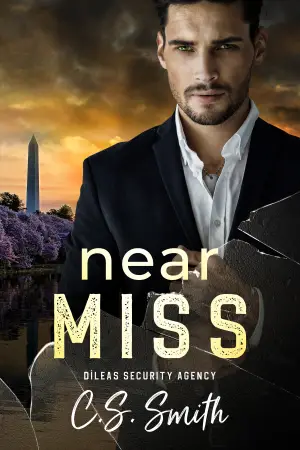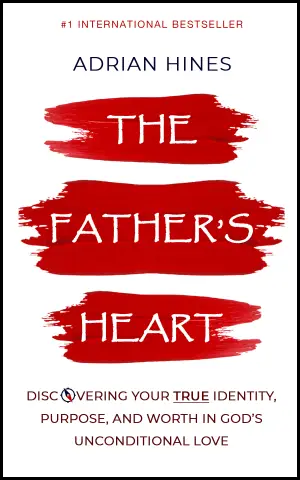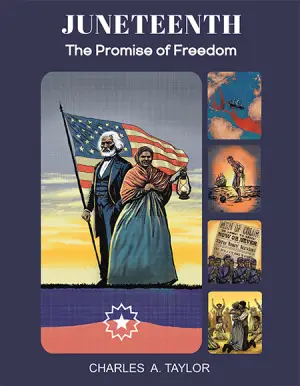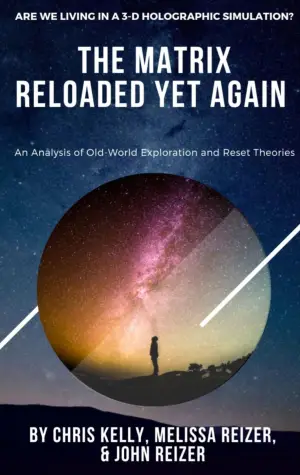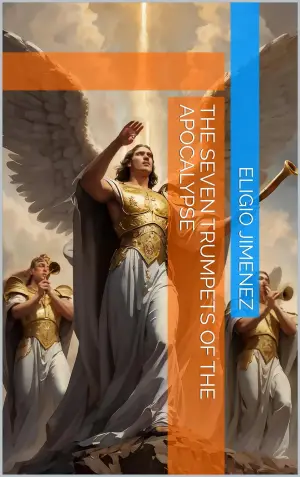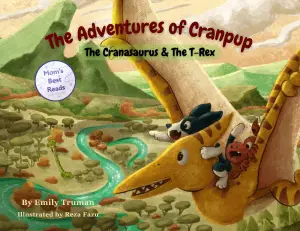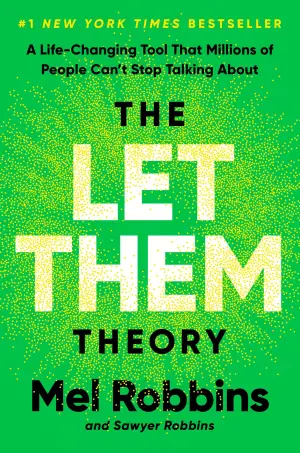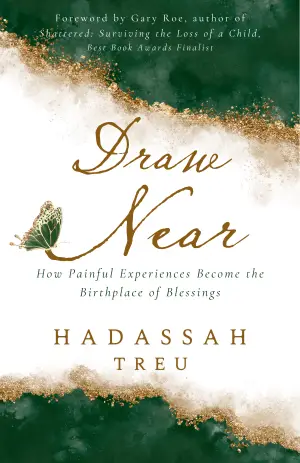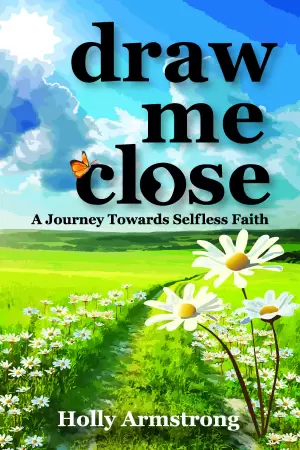Book Review: The Ballad of Songbirds and Snakes by Suzanne Collins
As a longtime fan of The Hunger Games series, the announcement of The Ballad of Songbirds and Snakes was both thrilling and slightly nerve-wracking. How would Suzanne Collins delve into the mind of President Snow, a character I had always viewed as a villain? With that mix of excitement and uncertainty, I jumped into this prequel, and boy, did it take me on an unexpected journey.
From the moment I opened the book, I was struck by its thematic richness. This is a story steeped in ambition, survival, and the moral grey areas of human nature. As we follow young Coriolanus Snow during the tumultuous 10th Hunger Games, I was constantly reminded of the quote, “Being a hero at home had its limitations; he needed a larger audience.” This encapsulates much of his struggle, casting light on his desperate desire for significance amidst a chaotic world.
Coriolanus is not your typical protagonist; he’s cunning, ambitious, and often morally reprehensible. Yet, there’s something fascinating about his complexity. It’s easy to dislike him for his choices, as you pointed out in your reflections. He is neither entirely good nor bad but rather a product of his invasive environment. I found myself intrigued by his machinations, and I couldn’t help but admire his survival instincts—yet I still found myself solidly on Team "I Still Hate You!" It was a testament to Collins’ writing that I was so invested in a character I should have despised.
In stark contrast, we have Lucy Gray Baird, a character who shines with resilience and spirit. Her sassiness, embodied in the lines of her song, “You can’t take my sass / You can’t take my talking,” reminded me of what it means to ignite hope in hopeless circumstances. Unlike Coriolanus, Lucy is imbued with compassion, making their interactions electric with tension and complexity. Their relationship—a fast but realistic flame sparked by danger—deepened my enjoyment, though the darker turn it took left me in shock.
Collins’ writing style is both captivating and methodical, allowing the narrative to unfold slowly but surely, drawing me into the oppressive atmosphere of the Capitol. She captures the environment with vivid, often haunting detail, making me feel the weight of every betrayal and manipulation. The pacing may not be action-packed, but it’s filled with strategic tension; something I personally found refreshing.
One of the most chilling elements of the book is Dr. Gaul, whose ruthless demeanor reflects the dark underbelly of leadership and control—her presence serves as a constant reminder of the stakes involved. The way she manipulates those around her showcases not just the cruelty of the Games but the ethical dilemmas faced by those trying to survive within the Capitol’s oppressive grasp.
In conclusion, The Ballad of Songbirds and Snakes is a layered exploration of ambition and morality that challenges our perceptions of heroism. I wholeheartedly recommend it to anyone who thrives on character-driven stories that provoke reflection and discussion. If you’re looking for a traditional hero’s journey, however, you won’t find it here. Instead, you’ll discover a tale where cunning prevails, morals blur, and the seeds of tyranny are sown—essence that resonates deeply in our own world. It left me questioning not just the future of Panem but our own society as well, making the reading experience all the more profound.
Discover more about The Ballad of Songbirds and Snakes (The Hunger Games, #… on GoodReads >>

